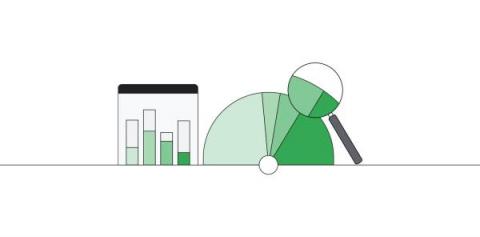Snowflake Horizon Partner Demo | ALTR's Data Security Platform
In this video, you’ll discover how ALTR's cloud-native integration with Snowflake enables you to implement advanced data security and automated access control directly within Snowflake’s architecture. With ALTR’s embedded security capabilities, your organization can uphold stringent security standards while fully leveraging Snowflake’s impressive performance and scalability. Enhance your data protection and compliance and elevate your data management strategy, all while expanding securely and efficiently with ALTR and Snowflake.











